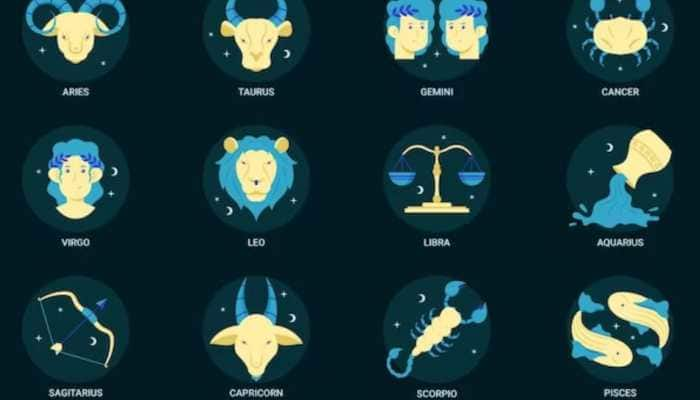Sunscreens may protect your skin, but they may be destroying coral reefs!
With these findings, the scientists have reason to believe that climate change is not the only one to blame where coral damage is concerned.
Trending Photos
)
New Delhi: Don't forget to take your sunscreen, if you're going out for a day at the beach! That's the advise we normally receive from parents, doctors and others.
Well, of course, we care about our skin and our body, but what about the oceans? We know what you're thinking, but, there is most definitely a connection.
As per a report in The Guardian, many studies have shown that contemporary sunscreens pose a threat to the ocean environment.
All types of sunscreen, especially the spray-on kinds, contain a chemical called Oxybenzone, harms coral, and is in high concentrations at some of the most world’s most popular reefs, researchers have discovered.
The chemical absorbs UV-rays well, but at the cost of the corals, which it poisons in several ways. A 2015 study and a research that will be published later this year, helped biologists come to the conclusion that oxybenzone causes bleaching, has a similar effect on DNA to gasoline, and disrupts reproduction and growth, leaving young corals fatally deformed.
“It causes weird deformities in soft tissue and also causes the coral larvae to encase itself in its own skeleton, in its own coffin,” said Craig Downs, one of the study authors, The Guardian reported.
Further as per The Guardian report, the recent research builds on several years of work by teams in Italy, Spain, Israel and Iran, and found that even small doses of oxybenzone – about a drop in six-and-a-half Olympic swimming pools – damages coral. The researchers found concentrations 12 times that rate in popular waters off Hawaii and the US Virgin Islands. Hawaii lawmakers are proposing a ban on the use of such sunscreen on the islands.
With these findings, the scientists have reason to believe that climate change is not the only one to blame where coral damage is concerned.
Scientists also argue that such cases add to evidence that pollutants created sterile, “zombie” reefs. Downs’ team has also found that oxybenzone has toxic effects on fish larvae and embryos.
How to avoid this? According to The Guardian, Hawaiian tourist agencies have largely argued the ban is needed to protect reefs, one of the state’s most valuable attractions. The National Oceanic and Atmospheric Administration has estimated that coral reefs are worth tens of billions to the US for their value to fisheries, tourism and as buffers against storms.
Regional offices of the National Park Services, including in Hawaii, the Virgin Islands and south Florida, advise swimmers use sunscreens made with zinc oxide or titanium oxide, which biodegrade, and several Mexican preserves require visitors to use biodegradable sunscreens. Downs said that consumers should take extra care not to use sunscreens advertising “nano” zinc oxide or titanium oxide, saying that below 120 or just 100 nanometers is “significantly toxic”.
Scientists also warn against using aerosol cans of sunscreen, because the spray mostly falls on to sand, where it gets washed into the sea or into sea turtle nests.
Live Tv







)
)
)
)
)
)
)
)
)
)
